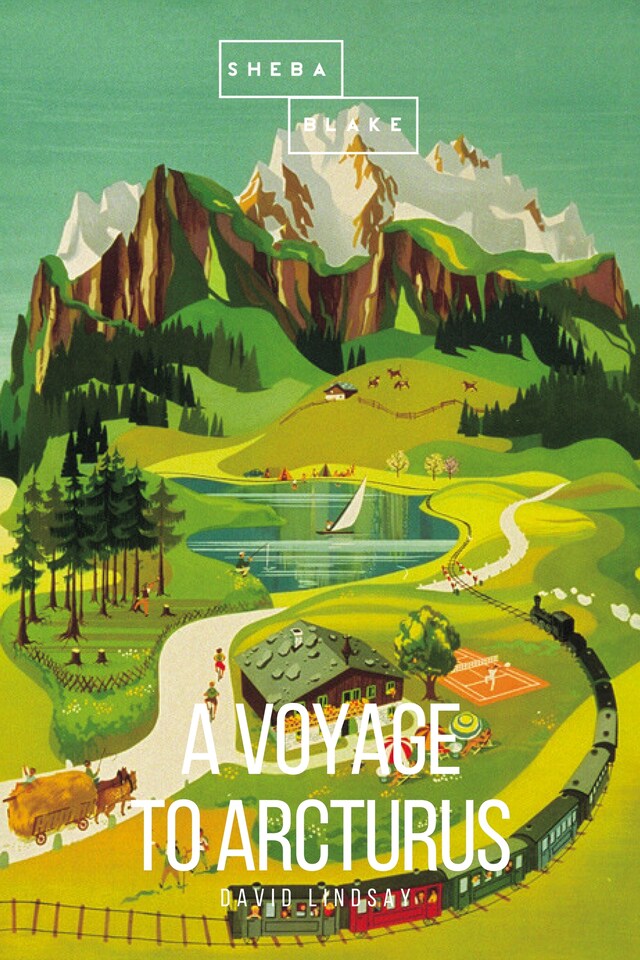
A Voyage to Arcturus
Description of the book
A Voyage to Arcturus is a novel by Scottish writer David Lindsay.
It combines fantasy, philosophy, and science fiction in an exploration of the nature of good and evil and their relationship with existence. Critic and philosopher Colin Wilson described it as the "greatest novel of the twentieth century", and it was a central influence on C. S. Lewis' Space Trilogy. J. R. R. Tolkien said he read the book "with avidity". Clive Barker has stated " A Voyage to Arcturus is a masterpiece" and called it "an extraordinary work . . . quite magnificent."
An interstellar voyage is the framework for a narrative of a journey through fantastic landscapes. The story is set at Tormance, an imaginary planet orbiting Arcturus, which, in the novel (but not in reality) is a double star system, consisting of stars Branchspell and Alppain. The lands through which the characters travel represent philosophical systems or states of mind, through which the main character, Maskull, passes on his search for the meaning of life.
Maskull, a man longing for adventures, accepts an invitation from Krag, an acquaintance of his friend Nightspore, to travel to Tormance after a seance. The three set off in a crystal ship from an abandoned observatory in Scotland but Maskull awakens to find himself alone on Tormance. In every land he passes through he usually meets only one or two persons; these meetings often (though not always) end in the death of those he meets, either at his own hand or by that of another. He learns of his own impending death, meets Krag again, and dies shortly after learning that he is in fact Nightspore himself. The book concludes with a final revelation from Krag (who claims to be known on Earth as "Pain") to Nightspore about the origin of the Universe. The author turns out to support a variation of the doctrine of the Demiurge, somewhat similar to that propounded by some Gnostics.
 312 Pages
312 PagesFormat:
Language:
English
